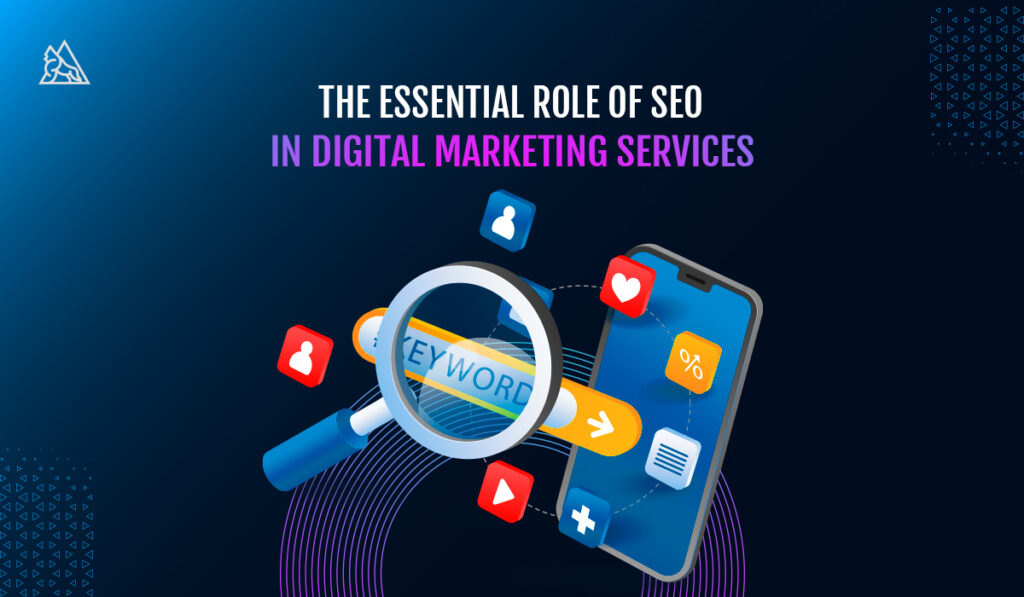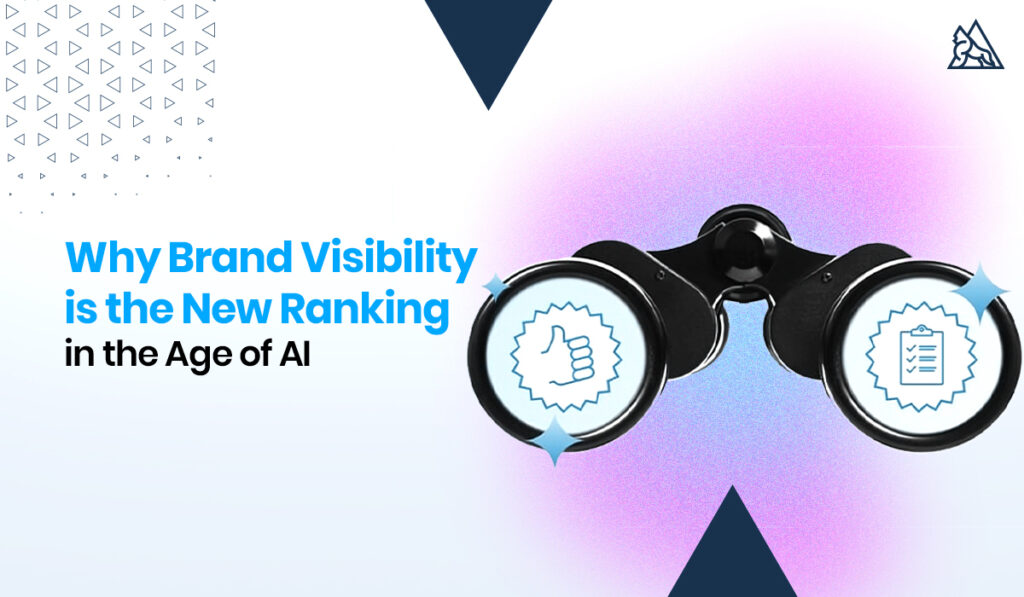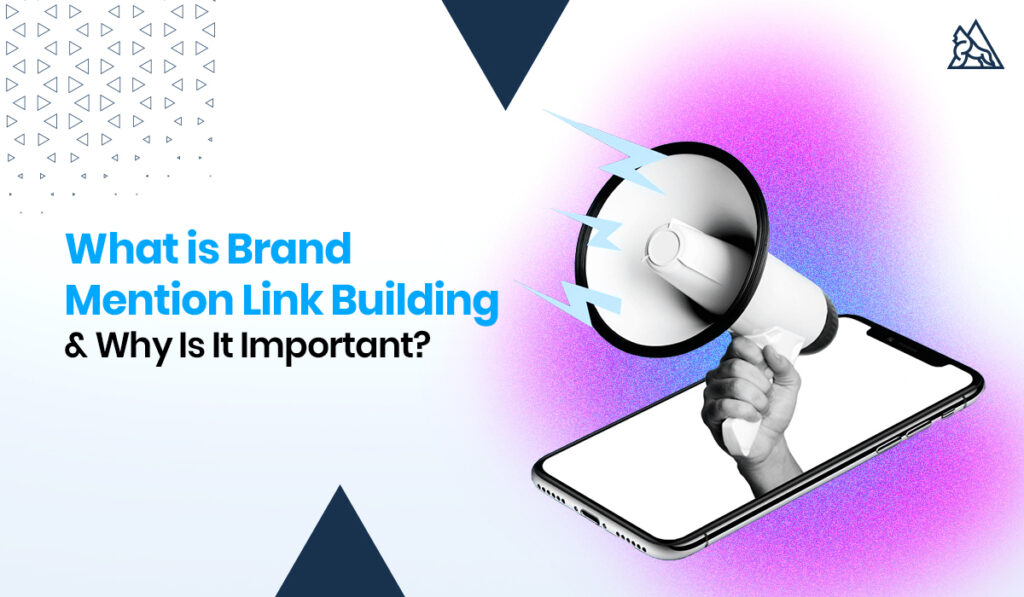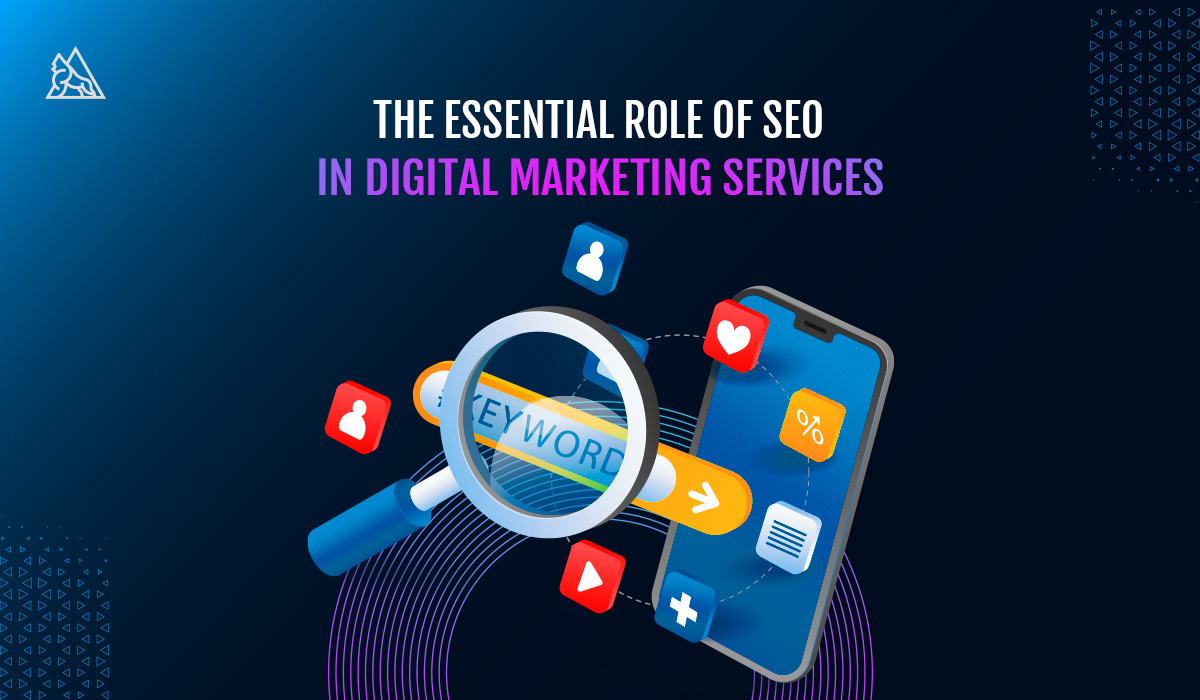Search Engine Optimization (SEO) is the foundation of digital marketing. No matter how great your website or content is, if it doesn’t rank on search engines, your audience won’t find it. SEO ensures your business gets discovered by the right people at the right time, driving organic traffic and long-term growth.
At Gorilla 360, we specialize in helping businesses leverage SEO to maximize their digital marketing success.
In this article, we’ll break down why SEO is essential, how it integrates with other digital marketing strategies, and the key elements businesses need to focus on for long-term growth.
What is SEO and How Does It Work?
SEO is the process of optimizing your website to rank higher on Google, Bing, and other search engines. It involves improving website content, structure, and authority to match what search engines and users are looking for.
The Three Pillars of SEO
- On-Page SEO – Optimizing content, keywords, meta tags, and internal links.
- Off-Page SEO – Building backlinks and improving online reputation.
- Technical SEO – Enhancing site speed, mobile-friendliness, and structured data.
Search engines use complex algorithms to analyze these factors and determine rankings. If your website follows SEO best practices, it has a better chance of appearing on the first page of search results.
Why SEO is Essential for Digital Marketing Success
1. Organic Traffic = Sustainable Growth
SEO helps your website rank for high-intent keywords, meaning people who are actively searching for your products or services can find you. Unlike paid ads, which stop working when your budget runs out, SEO drives traffic 24/7 without ongoing ad spend.
2. Higher Rankings Build Trust and Credibility
Users trust Google’s top results more than ads. A first-page ranking signals authority in your industry. Optimizing your site for E-E-A-T (Experience, Expertise, Authoritativeness, and Trustworthiness) ensures Google sees your site as a reliable source.
3. Cost-Effective Compared to Paid Advertising
Google Ads and social media ads deliver quick results but require constant investment. SEO, on the other hand, provides a higher ROI over time. Once your site ranks well, it continues attracting visitors without ongoing ad spend.
4. Better User Experience (UX) = Higher Rankings
Google prioritizes websites that are fast, mobile-friendly, and easy to navigate. Optimizing for SEO also improves site speed, readability, and engagement, making users stay longer and increasing conversions.
5. SEO Supports Other Digital Marketing Efforts
- Content Marketing: SEO-optimized content ranks higher and attracts more readers.
- Social Media Marketing: SEO and social signals work together to increase brand visibility.
- PPC Advertising: Combining SEO with PPC creates a full-funnel strategy that maximizes traffic.
Key SEO Strategies to Improve Your Rankings
1. Keyword Research: Target the Right Search Queries
Ranking for the right keywords is the foundation of SEO. Use tools like Google Keyword Planner, Ahrefs, and SEMrush to find high-value keywords.
- Short-tail keywords (e.g., “SEO services”) have high search volume but high competition.
- Long-tail keywords (e.g., “affordable SEO services for small businesses”) have lower competition and higher conversion rates.
2. High-Quality Content: The Core of SEO
Google rewards valuable, in-depth, and engaging content.
Write blog posts, guides, and case studies that answer common industry questions. Use structured content with headings, bullet points, and visuals for better readability.
Optimize for featured snippets (position zero on Google) by answering queries concisely.
3. On-Page Optimization: Make Your Pages Search-Friendly
Ensure every page on your website is optimized for search engines and users.
- Title Tags & Meta Descriptions: Include primary keywords naturally.
- Header Tags (H1, H2, H3, etc.): Improve readability and keyword placement.
- Internal Linking: Connect related pages to keep visitors engaged.
- Image Optimization: Use compressed images and alt text for SEO and accessibility.
4. Technical SEO: Ensure a Smooth User Experience
Technical SEO improves how search engines crawl and index your site.
- Mobile Optimization: Google uses mobile-first indexing, so your site must be responsive.
- Site Speed: Pages should load in under 3 seconds to reduce bounce rates.
- HTTPS Security: A secure website builds trust and improves rankings.
- Schema Markup: Helps search engines understand your content and show rich snippets.
5. Link Building: Boost Your Site’s Authority
Backlinks from reputable websites signal to Google that your site is trustworthy and authoritative.
Earn high-quality backlinks through guest posting, PR, and collaborations. But avoid spammy backlinks that can lead to penalties.
Monitor backlinks using Ahrefs or Moz to ensure a healthy link profile.
6. Local SEO: Optimize for Local Searches
If you run a local business, ranking in Google’s local pack is crucial.
Optimize your Google My Business (GMB) profile with accurate business details. Then encourage customer reviews to improve credibility.
Use local keywords (e.g., “best SEO agency in London”) in your content.
SEO Trends to Watch in 2025 and Beyond
SEO is constantly evolving. Staying ahead of these trends will keep your site competitive.
1. AI and Machine Learning in SEO
Google’s AI-powered algorithms (like RankBrain) are getting smarter. Focus on user intent and natural language processing when creating content.
2. Voice Search Optimization
With more users relying on voice assistants like Siri and Alexa, optimizing for conversational queries will be crucial.
3. Google’s Core Web Vitals
Google prioritizes websites that offer fast load times, smooth interactions, and stable visuals. Investing in page experience improvements will boost rankings.
4. Zero-Click Searches and Featured Snippets
Google now answers many queries directly on search pages. Targeting featured snippets ensures your site stays relevant in search results.
Common SEO Mistakes to Avoid
Even experienced marketers make SEO mistakes. Here are the most common ones:
- Keyword stuffing: Overloading pages with keywords hurts readability and rankings.
- Neglecting mobile optimization: Over 60% of searches come from mobile devices.
- Slow website speed: A slow site increases bounce rates and lowers rankings.
- Ignoring analytics: Not tracking SEO performance means missing opportunities for growth.
Measuring SEO Success: Key Metrics and Tools
Tracking SEO progress ensures your strategy is working.
Important SEO Metrics
- Organic Traffic: Number of visitors from search engines.
- Bounce Rate: Percentage of visitors who leave after one page.
- Conversion Rate: Percentage of visitors who take action (sign-up, purchase, etc.).
- Domain Authority (DA): Score predicting ranking potential.
Conclusion
SEO is the backbone of digital marketing, driving organic traffic, building credibility, and improving user experience. Unlike paid ads, which provide short-term results, SEO offers long-term growth and a higher ROI.
At Gorilla 360, we specialize in data-driven SEO strategies that help businesses rank higher, attract more customers, and increase conversions. Want to dominate search results? Let’s optimize your website for success.










